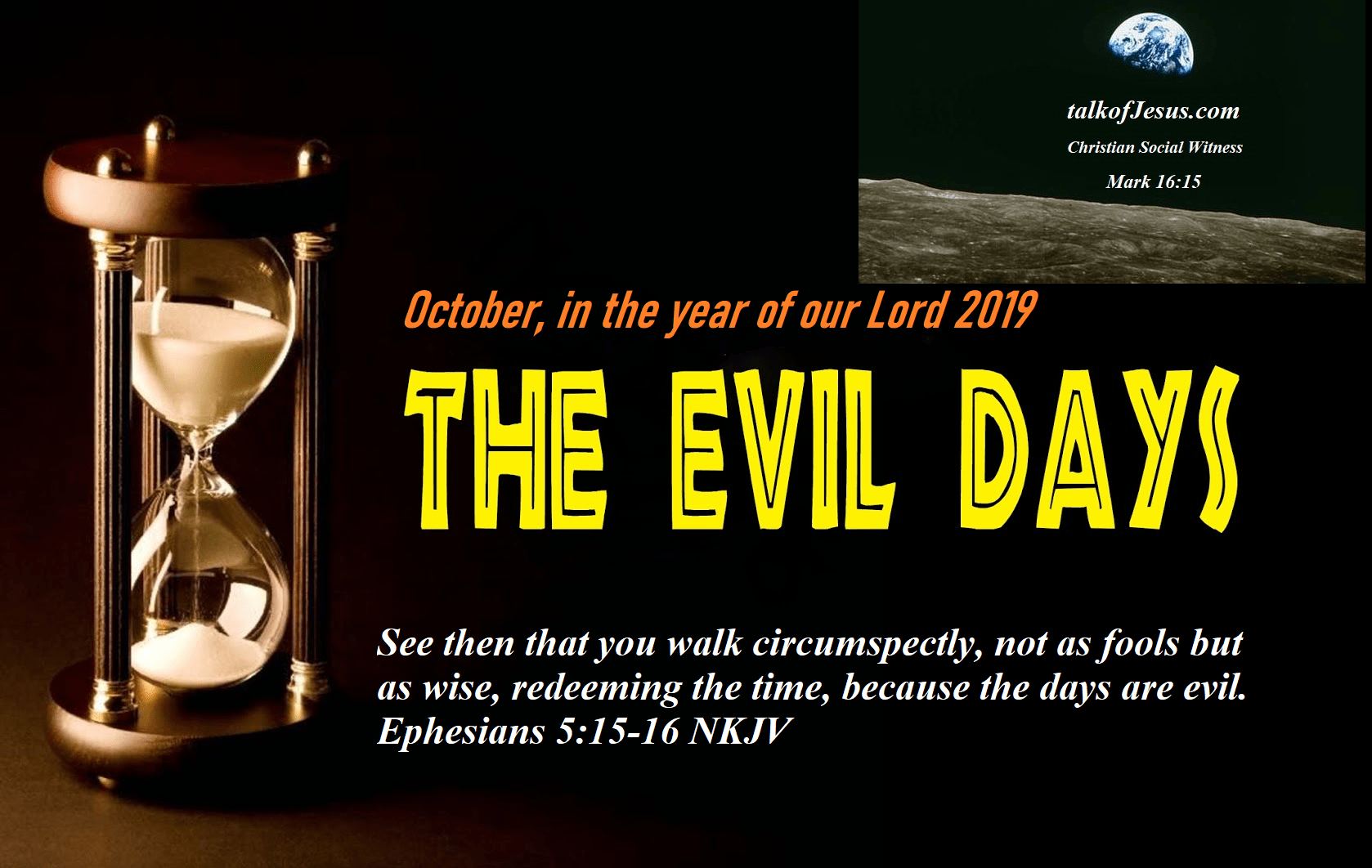Therefore hear the word of the LORD, you scoffers who rule this people…
Have you ever wanted to say that to those who claim to represent you in this government of the people?
I have and suspect that most do as we helplessly watch the unraveling of rule which makes much sense or holds hope for our future.
As lessons of history repeatedly remind us, the rise and fall of nations comes and goes with providential frequency throughout centuries of man’s devouring from the tree of knowledge.
We’ll look further into the author of this indictment from the LORD and the people who he warns shortly, but first the gist of our controversy.
לָכֵ֛ן שִׁמְע֥וּ דְבַר־יְהוָ֖ה אַנְשֵׁ֣י לָצֹ֑ון מֹֽשְׁלֵי֙ הָעָ֣ם הַזֶּ֔ה אֲשֶׁ֖ר בִּירוּשָׁלִָֽם׃ :TNIH
I overheard your conversation
“We have made a covenant with death
“with Sheol we have made a pact.
“The overwhelming punishment of the nation cannot touch US.
“We have made untruth our refuge.
“Carefully hidden are our deceitful frauds which we have ourselves concealed.
Familiar, but not contemporary
Who has heard such lies and uncovered truths carefully concealed?
For these are proclaimed against the leaders by a man close to the Source of all truth.
We know him only from ancient writings, but the evil he exposes cannot be hidden even in this day hundreds of years later.
He is the Lord’s Prophet Isaiah.
You may find it helpful to contemporize application of Isaiah’s warnings to leading characters of our own contemporary theatre of the absurd. For as then, even now we ought to see the futility of hiding our sin on a bed too short, under covers too small to wrap up in.
Isaiah
1:1 חֲזֹון֙ יְשַֽׁעְיָ֣הוּ בֶן־אָמֹ֔וץ אֲשֶׁ֣ר חָזָ֔ה עַל־יְהוּדָ֖ה וִירוּשָׁלִָ֑ם בִּימֵ֨י עֻזִּיָּ֧הוּ יֹותָ֛ם אָחָ֥ז יְחִזְקִיָּ֖הוּ מַלְכֵ֥י יְהוּדָֽה׃
The vision of Isaiah the son of Amoz, which he saw concerning Judah and Jerusalem in the days of Uzziah, Jotham, Ahaz, and Hezekiah, kings of Judah.
Isaiah 1:1 NKJV
So who is this guy accusing many leaders of his day?
The authors of the Baker Bible Commentary offer a few quick facts about Isaiah which may help.
- Isaiah meahs: “Yahweh is salvation”
- He is married and has two sons;
- Shear-Jashub means: “a remnant will return”
- Maher-Shalal-Hash-Baz means: “quickly to the plunder, swift to the spoil”
- (We cannot hear take time to dig into how many times the LORD gives names for the children of faithful servants, but later John and Jesus are among these.)
- The Prophet is respected by Ahaz and Hezekiah shows that he easily moves into and out of the palace and has access to the king. (Perhaps he holds an appointed position serving the leaders of Judah.)
- Isaiah ministers from 742-700 BC.
Israel, Rome & other passing Empires
For those of you not up on chronologies of history this is not, of course, warnings to the US, a young Empire founded in AD 1776 and coming to age in the 20th century as a nation fully escaping devastation.
Nor is it about a predecessor power which once claimed, “Rule, Britannia! rule the waves” in AD 1740 as they progressed since AD 1066.
Who is sovereign over these nations today?
Some purveyors of power idolize Rome, a Roman republic which overthrew a kingdom in 509 BC, only to be taken by force in 27 BC.
We both know and some leaders admire the Caesars of this era, overlooking their inevitable ends, as well as tyranny over their own people. Rome as an empire divided in AD 180, which marked the descent “from a kingdom of gold to one of rust and iron”
Rome’s division into east and west impacted the early church, but Isaiah speaks of Israel’s division into north and south – a once United Kingdom of Israel under David which has not returned yet to this day.
Israel then to Israel now
I don’t want to make too much of parallels between the time of the prophecies of Isaiah and instability in contemporary world empires.
Note however, these comparisons of time between the woes of Israel and her neighboring nations and more current woes of world politics (and religion or lack thereof, to some extent).
- 931 BC – United Kingdom of Israel divided after Solomon’s death
- AD 1585 – English colonize Roanoke in the new world to the west
- 722 BC – Israel destroyed by Assyria (from the east) [ ~200 years later]
- AD 1783 – English colonies granted independence after the American Revolution succeeds [~200 years after Roanoke]
- 701 BC – Assyria attacks Judah [just 21 years after destruction of Samaria, capital of Israel.]
- AD 1929 FDR elected Governor of New York, then as America’s only 4-term President, 1933- April, 1945 [~21 yrs]
- United States emerges as the dominant world power
- In 1947, the United Nations (UN) adopted a Partition Plan for Palestine recommending the creation of independent Arab and Jewish states and an internationalized Jerusalem.[source]
Returning to the Jerusalem of Isaiah
Truly the scene is not Jerusalem; nor Judah then and later a Judea, Samaria and Galilee of Jesus. Israel is not the land defeated or Jacob from their seed.
The scene Isaiah, son of Amoz, son of Abraham presents emanates from the Throne of the Lord God.
Here we find an indictment which the Prophet Isaiah must read before leaders of the lands. He begins:
Hear, O heavens, and give ear, O earth!
Isaiah 1:2a NKJV
For the LORD has spoken:
Isaiah 1:
1:2 ἄκουε οὐρανέ καὶ ἐνωτίζου γῆ ὅτι κύριος ἐλάλησεν υἱοὺς ἐγέννησα καὶ ὕψωσα αὐτοὶ δέ με ἠθέτησαν
LXX Septuagint
You will not likely hear this read today or indeed at any time in a temple or synagogue of jewish cultural worship. Yet it is “the word of the LORD!”
יְהֹוָה
“I have nourished and brought up children,
And they have rebelled against Me;
Isa 1:3 The ox knows its owner
And the donkey its master’s crib;
But Israel does not know,
My people do not consider.”
Isa 1:4 Alas, sinful nation,
A people laden with iniquity,
A brood of evildoers,
Children who are corrupters!
They have forsaken the LORD,
They have provoked to anger
The Holy One of Israel,
They have turned away backward.
The LORD has much more to say to these rulers. Read it for yourself.
We hear all-too-frequent accusation and condemnation of opposing leaders of men and women. Yet you will not hear these harsh words of the LORD in the halls of your nation, temples of worship or message in the palm of your hand.
Isaiah rebukes them:
9 Unless the Lord of hosts
Had left to us a very small remnant,
We would have become like Sodom,
We would have been made like Gomorrah.
10 Hear the word of the Lord,
You rulers of Sodom;
Give ear to the law of our God,
You people of Gomorrah:
Do you hear the Lord your God?
1:20 וְאִם־תְּמָאֲנוּ וּמְרִיתֶם חֶרֶב תְּאֻכְּלוּ כִּי פִּי יְהוָה דִּבֵּֽר׃ ס
But if you refuse and rebel,
Isaiah 1:20 Masoretic Text; NKJV
You shall be devoured by the sword”;
For the mouth of the LORD has spoken.
And while we consider our more contemporary dilemmas of the nations, let us consider the word of the LORD, through His Prophet Isaiah.
Do the leaders of the nations listen to the Lord God?
Why, they don’t even listen to their own advisors, let alone a godly advisor like Isaiah.
Isa 2:2 Now it shall come to pass in the latter days
That the mountain of the Lord’s house
Shall be established on the top of the mountains,
And shall be exalted above the hills;
And all nations shall flow to it.
For the day will come unexpectedly, even as a contemporary remnant found temporary solace in this from a “United Nations.”
3 Many people shall come and say,
“Come, and let us go up to the mountain of the Lord,
To the house of the God of Jacob;
He will teach us His ways,
And we shall walk in His paths.”
Yet do those who stop up their ears against the word of the Lord and dim their eyes to scripture spoken through the Prophets even realize the long-standing prediction of Isaiah?
For out of Zion shall go forth the law,
Isaiah 2:3b-4 NKJV
And the word of the Lord from Jerusalem.
4 He shall judge between the nations,
And rebuke many people;
They shall beat their swords into plowshares,
And their spears into pruning hooks;
Nation shall not lift up sword against nation,
Neither shall they learn war anymore.
“There is no peace,” says the LORD, “for the wicked.”
Isaiah 48:22 NKJV
To be continued...



